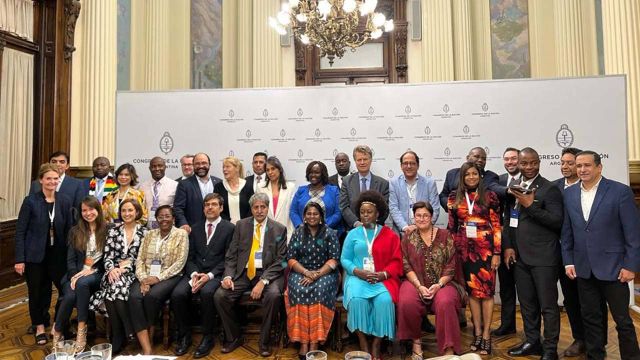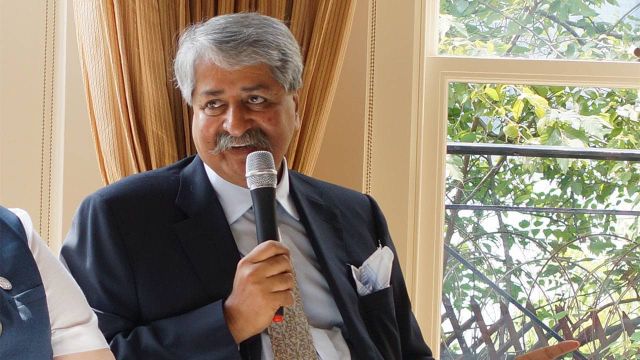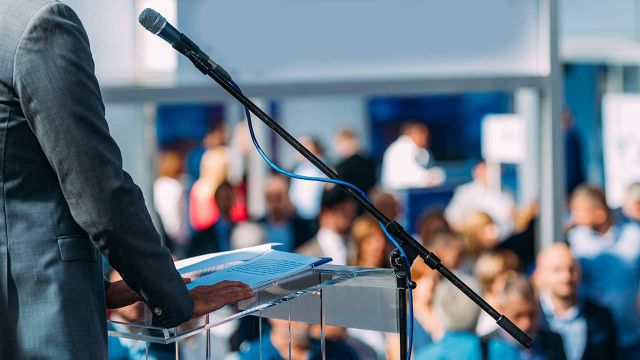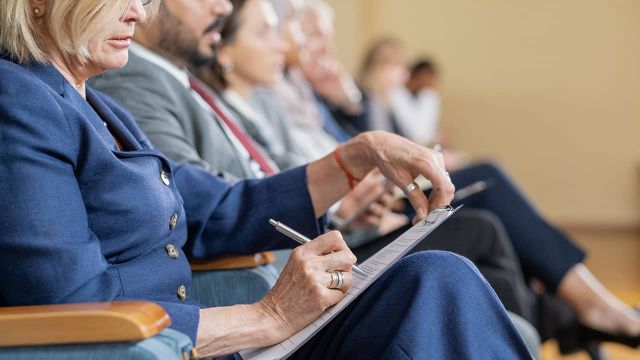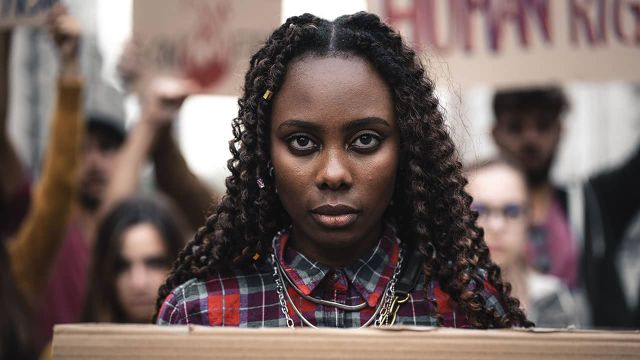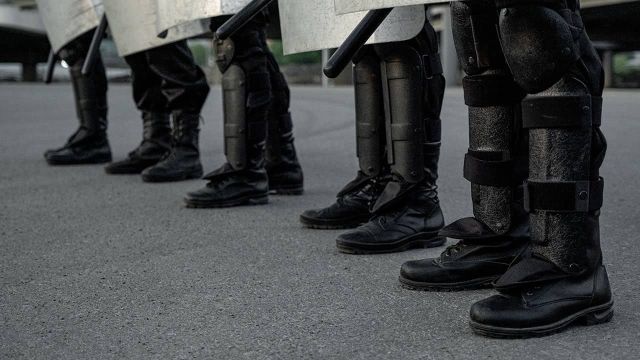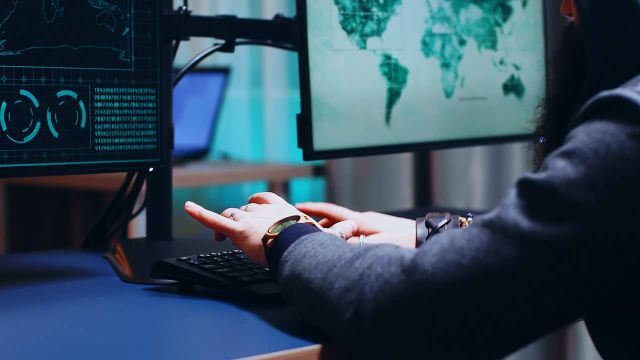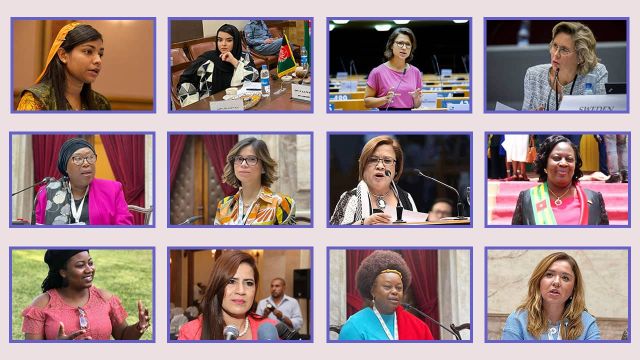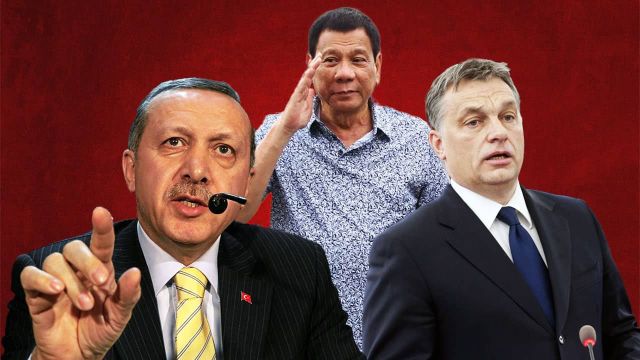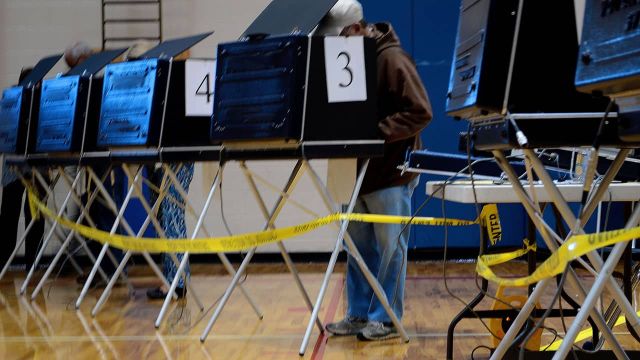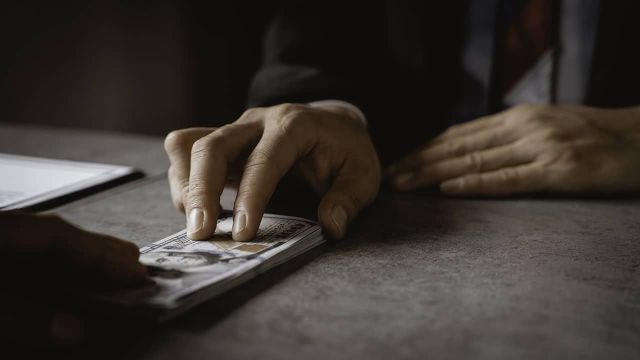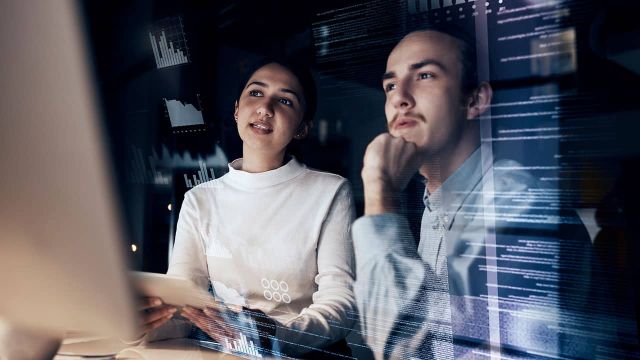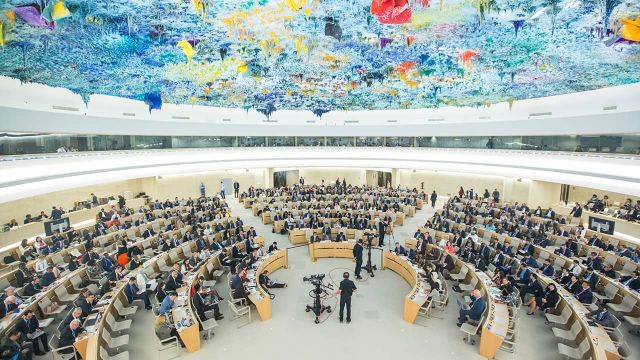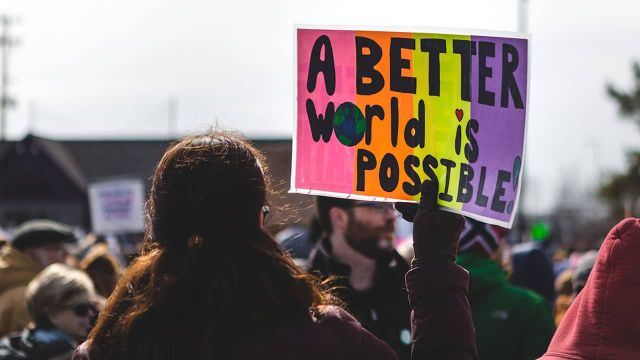The peoples of the world are witnessing, in the 21st century, a significant geopolitical shift, with the rise of new powers and the decline of the traditional liberal Western-led order. This shift has undermined multilateralism, the foundation of global governance for the past 70 years. The multilateral order is a system of international cooperation and rule-based institutions designed to address global challenges. Based on the principles of sovereignty, equality, and mutual respect, it harbors the objectives of preventing wars, promoting economic growth, and protecting fundamental human rights.
In his address on 19 September 2023, the United Nations Secretary-General urged ‘Statesmanship, not Gamesmanship and Gridlock’ to resolve global challenges and geopolitical tensions.
“Global threats such as climate change, pandemics, and terrorism are complex and cannot be addressed effectively by any one country alone. They require international cooperation and coordination.
From the Russian invasion of Ukraine to the worsening situation in the Sahel region, including a string of coups d’état, Sudan marred by civil war, and non-state actors gaining traction, including in the Middle East, humanitarian agencies are stretched thin. Furthermore, G20 countries - responsible for 80 percent of greenhouse gas emissions - must act before we surpass the 1.5°C limits of the Paris Agreement on climate change.
8.1 Climate Change
Climate change and democratic backsliding are connected in many ways. First, climate change can lead to conflict and instability, which undermines democratic institutions. For example, droughts and floods can lead to food insecurity and water scarcity, which in turn may lead to social unrest and political instability.
Second, climate change can exacerbate social and economic inequality, which can lead to political polarization. For example, the poorest and most vulnerable communities are often the most affected by climate change. This can lead to resentment and a loss of faith in democratic institutions.
Third, authoritarian leaders can justify their attacks on democracy by using climate change. For example, authoritarian leaders may claim that they need to crack down on dissent in order to address the climate crisis.
8.2 Human Rights Council
In recent years, the UN Human Rights Council (HRC) has elected some authoritarian regimes, e.g., China, Cuba, Egypt, Russia, Saudi Arabia, United Arab Emirates, and Venezuela, which has raised concerns about its ability to promote and protect all human rights around the globe effectively.
Authoritarian regimes often use their membership in the HRC to undermine the Council’s work and to protect their own human rights abuses. For example, authoritarian regimes have:
- Blocked resolutions condemning human rights abuses committed by their allies.
- Successfully lobbied for the removal of human rights experts from the Council.
- Introduced resolutions that promote authoritarian values and undermine human rights.
The presence of authoritarian regimes in the HRC has also made it more difficult for the intergovernmental body to address human rights abuses in other countries. Authoritarian regimes often threaten to retaliate against countries that criticize their human rights records.
Democratic countries need to continue to support the HRC and work to strengthen its independence and effectiveness. To do so, democratic countries should:
- Work together to coordinate their votes in HRC elections.
- Support creating a new UN body to monitor human rights abuses committed by HRC members.
- Work to strengthen the independence and effectiveness of the HRC's human rights experts.
- Raise awareness of the human rights abuses committed by HRC members and their efforts to undermine the Council’s work.
The HRC is not the only international institution under threat from authoritarian regimes; the World Health Organization and the International Labor Organization are also targeted.
On 2 November 2023, rights groups complained that it was “insulting” to allow Iran’s envoy to chair a UN HRC meeting in Geneva, given violations by Iranian authorities, especially those against women. Washington’s envoy to the Council stated that the appointment was an “affront to the collective conscience of the global community.”1 An UN-appointed rights expert alleges that incidents committed by the Islamic Republic during a crackdown on protests since last year may amount to crimes against humanity.
8.3 Peace and Security
Under the Charter of the United Nations, the Security Council is the only international body with an explicit mandate of maintaining international peace and security. The Council can authorize the use of force. However, five permanent members, i.e., the United States, the United Kingdom, Russia, China, and France, have a veto power, allowing each to block any action. Given the veto power, some issues cannot be addressed, which has provoked a gridlock, a monumental failure to mitigate human suffering and prevent the degradation of international peace and security worldwide. Many, especially from the Global South, have called for reform of the Security Council, also prompted by the Council’s inaction in the face of mass atrocities. In this context of geopolitical shifts, revising the Charter would most likely profoundly alter its ability to act at all, and there would be “little chance of a successor organization rising from the current geopolitical ashes.”2
Minorities and marginalized communities play an important role in international peace and security. They are often at the forefront of efforts to build peace and promote human rights. They also have a unique perspective on the causes of conflict and how to resolve it, for instance:
- Women disproportionately affected by conflict are also at the forefront of peace-building efforts. Women’s peacebuilding organizations have been vital in advancing rights in Liberia, Sierra Leone, and Colombia.
- Indigenous peoples have a unique understanding of the relationship between people and the land. This understanding can be valuable in building peace and promoting sustainable development in conflict-affected areas. Indigenous peoples' organizations are essential in peacebuilding efforts in countries such as Guatemala and Nepal.
- Religious minorities often play an important role in peacebuilding efforts, including in countries like Iraq and Syria.
- Marginalized youth are often at risk of being recruited into armed groups. However, they can also be powerful agents of peace. These youth organizations have contributed to peace-building in countries such as El Salvador and Honduras.
It is crucial to include minorities and marginalized people in peacebuilding and conflict resolution processes. Their participation can help to ensure that peace agreements are inclusive and sustainable. It can also help build trust and reconciliation between different societal groups.
Parliamentarians, as the branch of government closest to citizens - and thus vulnerable groups - can:
- Ensure the participation and representation of marginalized and vulnerable groups in peacebuilding processes and provide them with training and resources.
- Provide civil society organizations representing marginalized and vulnerable communities with financial and technical assistance and access to political actors.
- Repeal laws and policies that perpetuate discrimination against these groups, bearing in mind that discrimination exacerbates poverty and access to education, health, and other vital public services and resources.
- Approve legislation and policies that fully and holistically address the needs of vulnerable communities.
Footnotes:
1 Emma Farge, Iran's appointment to chair UN rights meeting draws condemnation, published on 2 November 2023.
2 Anjali Dayal; Caroline Dunton, The U.N. Security Council Was Designed for Deadlock — Can it Change?, published on March 1, 2023.

